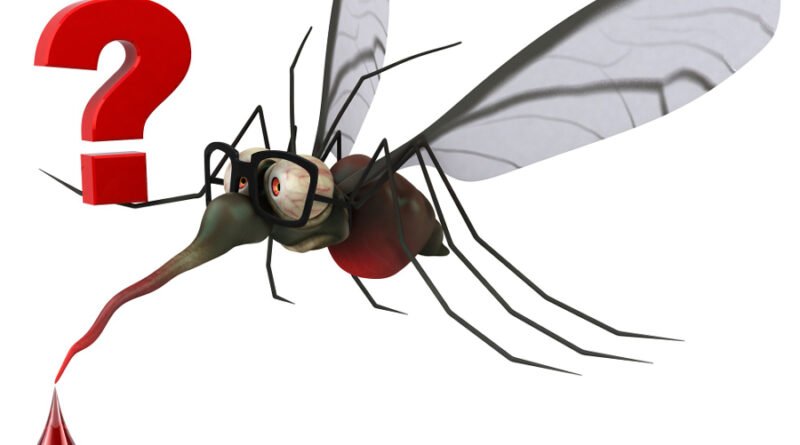Mosquito-Borne Diseases: A Growing Global Concern
Mosquito-Borne Diseases Pose Global Threat: A Growing Menace to Humanity
In recent years, the world has witnessed an alarming surge in mosquito-borne diseases, posing a significant threat to global health. These insidious illnesses, transmitted by infected mosquitoes, have become a growing menace to humanity. From the tropical regions to urban centers, the transmission of diseases like malaria, dengue, Zika, and chikungunya has reached unprecedented levels, raising concerns among public health experts worldwide. In this news blog, we delve into the escalating problem of mosquito-borne diseases, their impact on communities, and the urgent need for comprehensive prevention and control measures.
The Global Impact of Mosquito-Borne Diseases
Mosquito-borne diseases have transcended geographical boundaries, affecting millions of people in various parts of the world. Malaria, in particular, remains a leading cause of death in many countries, with sub-Saharan Africa being the hardest hit. According to the World Health Organization (WHO), there were an estimated 229 million malaria cases and 409,000 malaria-related deaths in 2019, primarily affecting vulnerable populations, including pregnant women and young children.
Dengue fever, another mosquito-borne illness, has become endemic in over 100 countries, causing significant morbidity and mortality. Over the last twenty years, there has been a significant surge in dengue cases, putting approximately 3.9 billion people at risk of contracting the infection worldwide. The Americas, Southeast Asia, and the Western Pacific regions are witnessing a surge in dengue cases, leading to a growing burden on healthcare systems.
The Emergence of Zika and Chikungunya
In recent years, two relatively new mosquito-borne diseases, Zika and chikungunya, have emerged as additional global health concerns. Zika, transmitted primarily by the Aedes mosquito, gained international attention during outbreaks in the Americas in 2015-2016. The virus, known for its link to birth defects and neurological complications, raised alarm among pregnant women and health authorities worldwide.
Similarly, chikungunya, causing severe joint pain and fever, has spread rapidly in Africa, Asia, and the Americas, affecting millions of people. The Aedes mosquito, which also transmits dengue and Zika, is the main vector for chikungunya. The disease’s ability to cause long-term disability has further added to its public health impact.
Prevention and Control Efforts
The alarming rise of mosquito-borne diseases necessitates comprehensive prevention and control strategies to mitigate their impact. The WHO and various national health agencies have emphasized integrated vector management approaches to combat these diseases. This includes vector surveillance, environmental management, community engagement, and targeted vector control measures, such as insecticide-treated bed nets and indoor residual spraying for malaria prevention.
Additionally, public health campaigns focused on raising awareness about mosquito breeding sites, personal protection measures, and the importance of seeking prompt medical care in case of symptoms are essential to control disease transmission.
Innovative Techniques and Research
Amid the growing threat, researchers and scientists are exploring innovative techniques to tackle mosquito-borne diseases. Efforts to develop effective vaccines against malaria, dengue, and Zika have shown promising results, offering hope for disease control and prevention in the future.
Furthermore, genetic modification techniques like the release of genetically modified mosquitoes have been tested to reduce mosquito populations and disrupt disease transmission. While these approaches are still under evaluation, they hold the potential to revolutionize disease control strategies.
Conclusion
The escalating prevalence of mosquito-borne diseases poses a significant challenge to global health. Malaria, dengue, Zika, and chikungunya continue to threaten the lives of millions worldwide, particularly in vulnerable communities. It is imperative for governments, international organizations, and communities to work together to implement effective prevention and control measures. From investing in research and innovation to strengthening healthcare infrastructure, a collective effort is needed to combat the growing menace of mosquito-borne diseases and safeguard the health and well-being of people worldwide.




